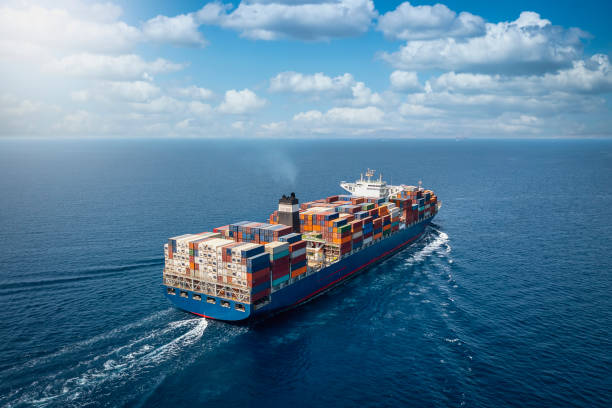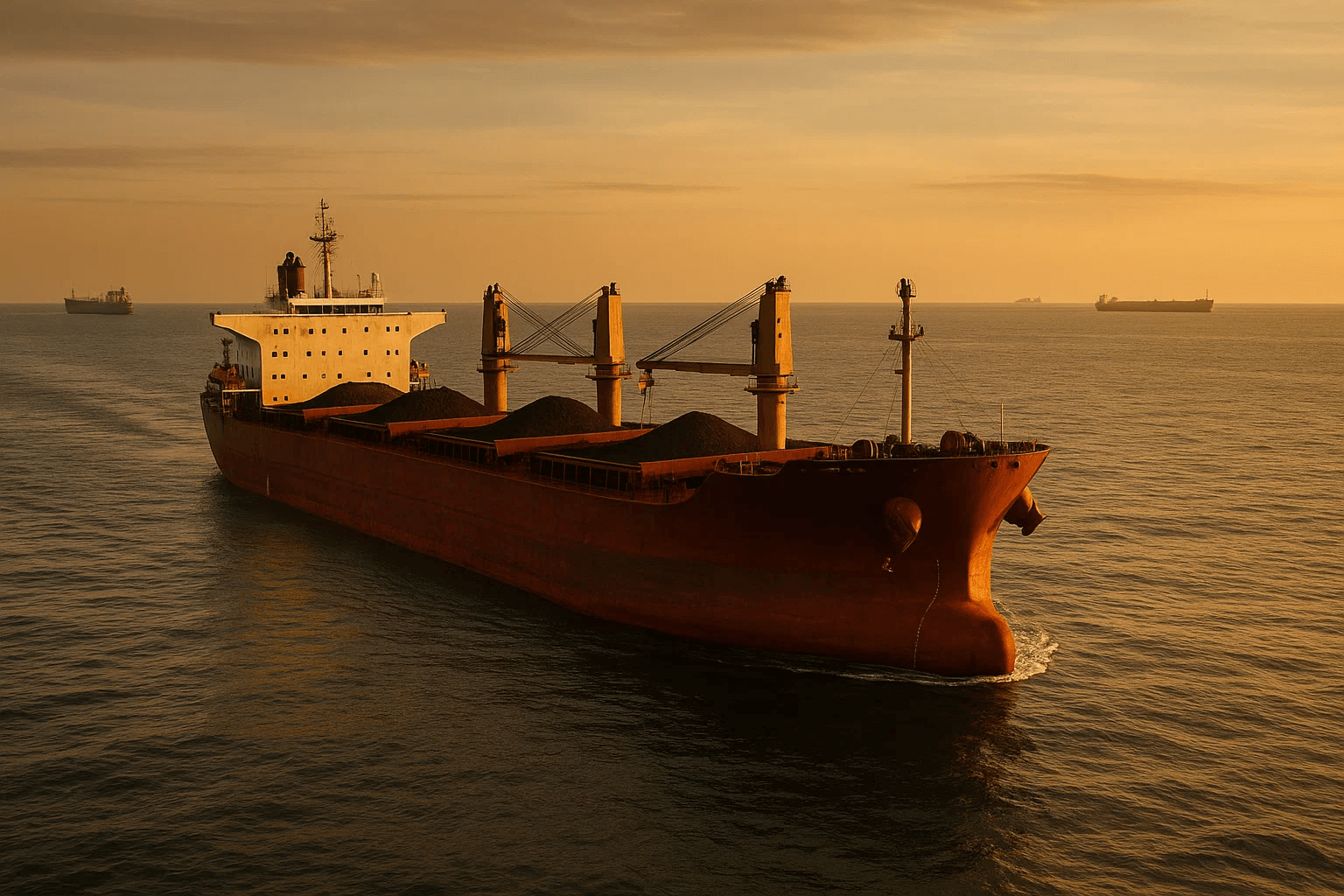The maritime shipping industry is undergoing significant transformations as emerging shipowners—primarily from Asia, the Middle East, and Africa—gain prominence in the global market. Historically dominated by long-established companies from Europe and North America, the industry has seen a shift toward new players, spurred by global trade growth, shifting geopolitical dynamics, and evolving economic strategies. These emerging shipowners are reshaping the competitive landscape, creating both opportunities and challenges for the traditional giants of maritime logistics.
Factors Contributing to the Rise of Emerging Shipowners are:
Global Trade Growth: The steady rise in global trade, driven by increased demand for goods and resources, has created space for new entrants in the maritime sector. Emerging markets, particularly in Asia and Africa, have seen rapid economic growth and industrialization, leading to higher demand for shipping services. As a result, local entrepreneurs and companies in these regions have sought to capitalize on this demand by establishing their own shipping companies.
China’s Influence: China’s Belt and Road Initiative (BRI) has had a significant influence on the global shipping market. The country’s vast investments in port infrastructure across Asia, Africa, and Europe have encouraged the growth of new shipowners from these regions. Chinese shipowners have also expanded their fleets, benefiting from favorable government policies and access to financing. This has allowed them to challenge established players, particularly in sectors like container shipping and bulk cargo transport.
Middle Eastern Investment: The Middle East, home to some of the world’s largest energy exporters, has seen a rise in the number of maritime shipowners, many of whom are investing heavily in expanding their fleets. The region’s wealth from oil and gas exports has enabled governments and private entities to invest in new shipping ventures, particularly in the transportation of oil and gas. Countries such as the United Arab Emirates (UAE), Saudi Arabia, and Qatar are home to rapidly growing shipping companies that aim to control more of the logistics and transport chain for their exports.
African Growth Potential: Africa, a continent with vast untapped resources, is beginning to see the rise of local shipowners. Although still a small player compared to Asia or the Middle East, Africa’s growing economies and improving infrastructure have made it an increasingly attractive region for shipping investments. Countries like Nigeria, Ghana, and Kenya are seeing a slow but steady rise in shipowners who are positioning themselves to take advantage of growing intra-African trade and export opportunities.
Technological Advancements and Green Shipping: The shipping industry is facing increasing pressure to reduce its environmental impact. Emerging shipowners are often more agile in adopting new technologies, such as alternative fuels and green shipping solutions. These companies can adapt more quickly than older, more established firms, providing them with a competitive edge in an industry that is increasingly focused on sustainability.
The entrance of new players into the maritime shipping market has increased competition, driving down shipping rates in some sectors. Emerging shipowners, especially those in Asia and the Middle East, often benefit from lower operating costs, access to cheaper shipbuilding facilities, and government subsidies, allowing them to offer more competitive rates than their Western counterparts.
With more players in the market, the industry is becoming increasingly fragmented. While large shipping alliances and global carriers still dominate, smaller and more regional players are capturing market share, particularly in niche sectors. This fragmentation is forcing larger shipping companies to rethink their strategies, focusing on efficiency, mergers, or partnerships with emerging companies to maintain their market position.
Historically, Europe and North America were the hubs of global maritime shipping. However, emerging shipowners, particularly from China, India, and the Middle East, are challenging this traditional dominance. These new players are increasingly influencing global trade routes and freight pricing, shifting the balance of power in maritime logistics. For instance, Chinese shipping companies, like COSCO, have become some of the largest in the world, rivaling long-established European and American giants but also other players as Bahri (Saudi Arabia), Qatar Gas Transport Company, Pacific International Lines (PIL) and IRISL Group (Iran)
Despite their growing influence, emerging shipowners face several challenges. Access to financing can be difficult, particularly for smaller companies without established track records. Additionally, navigating complex international regulations and dealing with political instability in certain regions can hinder growth. Finally, the global shipping industry is capital-intensive, and new entrants often struggle to achieve the economies of scale necessary to compete with larger, more established companies.
In conclusion, the rise of emerging shipowners is reshaping the global maritime industry, injecting new competition and innovation into the market. As these new players continue to grow, they are likely to drive further changes in global trade dynamics, challenging the dominance of traditional shipping powers and creating a more fragmented, competitive, and sustainable market. For established shipping companies, adapting to this new reality will be critical to maintaining their market positions in the years to come.






